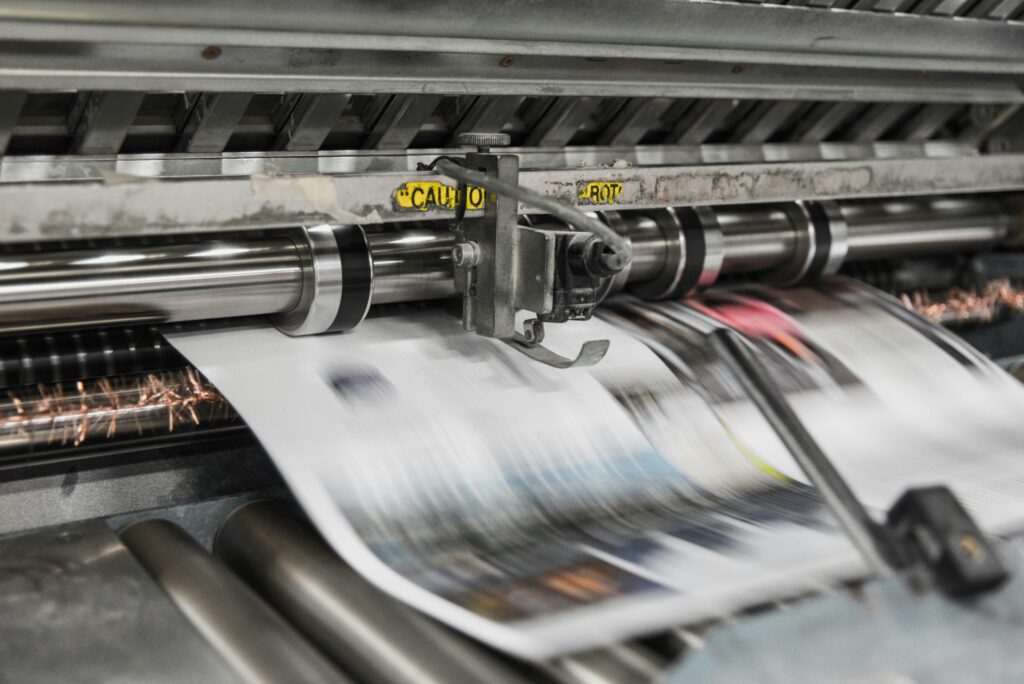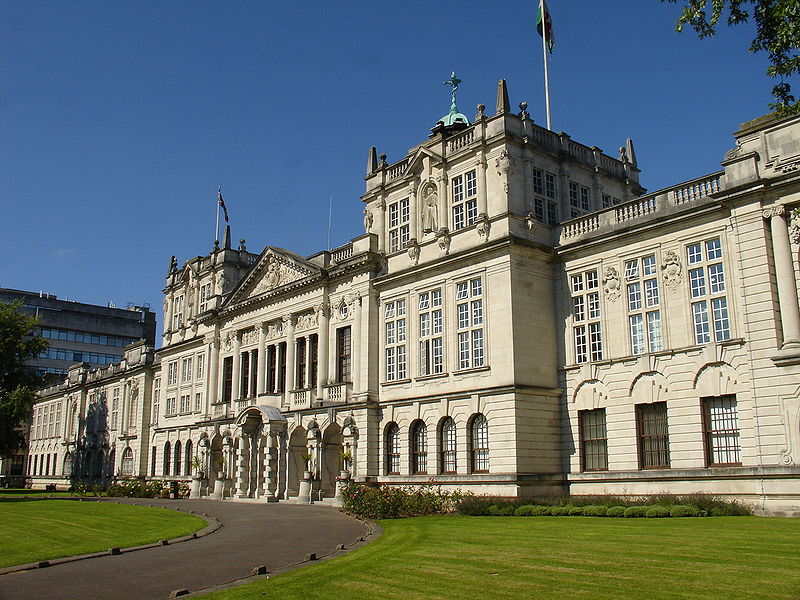Richard Gurner explains the thinking behind a pilot project that will employ a dedicated Senedd reporter
It’s not every day that you have your professional integrity discussed in parliament, but that was the situation I found myself in this summer.
The debate, on June 28, was prompted by a question from the Welsh Conservatives’ spokesperson for cultural affairs Tom Giffard about a new taxpayer-funded pilot project I am leading on.
The project is one of three selected by the Welsh Government to support local journalism in Wales.
A full-time reporter will be employed on a 12-month contract with Caerphilly Observer, the award-winning news service I founded and run, to cover the business of the Senedd – ranging from plenary sessions to committee hearings.
Despite devolution beginning almost a quarter of a century ago, there is still a gap in people’s understanding of how the Senedd works and the influence and power it has over people’s daily lives.
Caerphilly Observer, which recently celebrated ten years in print, is leading on the project with The Independent Community News Network (ICNN) – a body representing independent news publishers based out of Cardiff University.
The work of the reporter will be shared with other Welsh media – very much like the BBC’s Local Democracy Reporting Scheme, of which we are the contract holder for the Caerphilly and Newport areas.
This exciting project is the result of a collaborative approach taken by the media and the NUJ through the Wales Public Interest Journalism Working Group, of which I was a member.
Despite devolution beginning almost a quarter of a century ago, there is still a gap in people’s understanding of how the Senedd works and the influence and power it has over people’s daily lives.
While not pretending to be a ‘silver bullet’ solution to the under-reporting of the work of Senedd Members, we are hopeful this project will form a foundation from which we can build.
As part of his question in the Senedd, Mr Giffard rightly questioned the impartiality of the project and quoted me as saying there would be no editorial interference from Welsh Government.
Incorrectly describing the project as something out of the Soviet-era, Mr Giffard said: ‘The idea that, despite the fact that this journalist’s job depends solely on funding from the Welsh Government, there would be no indirect influence on news stories being produced, doesn’t seem sustainable.’
Now I’ve been a journalist for almost 20 years and I know that politicians play to the gallery – or the modern-day outrage of X-Twitter. There was always going to be a bit of over-the-top criticism from opposition politicians, which was a shame because Mr Giffard’s point about editorial independence was lost somewhat in the ensuing debate, which seemed to centre on my professional integrity.
The words uttered by the Deputy Minister about me in one of her responses will stay with me forever: ‘This is not a journalist that would be bought out by a £36,000 grant.’
For the avoidance of doubt, Dawn Bowden is correct.
I’ve offered to meet with Senedd Members to explain the project in more detail. Caerphilly Observer is already the contract holder for the area’s Local Democracy Reporting Service and I intend to run this project along similar lines. That means impartial reporting and an adherence to all our usual standards. It also means an emphasis on what happens in the committee meetings, reading reports and asking questions. There will also be ongoing explanations about what the Senedd does as an institution.
Gofod i drafod, dadlau, ac ymchwilio.
Cefnogwch brif felin drafod annibynnol Cymru.
The big caveat in all of this, however, is resource. Will it be feasible for one individual to cover all proceedings everyday? There will be a degree of editorial decision-making on what gets covered when.
Although I will have the final say as project editor, I’ll do as I always do, and consult with others. Primarily this will be daily and weekly discussions with the reporter but will also encompass wider conversations with other publications which will use the copy.
We’ll be open to suggestions on what committees or issues to cover, but for practical and legal reasons the buck has to stop somewhere and that is with me. This is a pilot project, so the aim is also to learn about what it takes to run such a service.
I started Caerphilly Observer in 2009 as a website on a laptop and over the past 14 years or so it has grown into a well-respected and award-winning news service.
I would hope over that time I have earned some sort of reputation for fair and robust reporting with integrity. I would not be involved in this if I thought our approach would be compromised.
We now live in a digital world where the cost of newsprint and distribution has been replaced by the attention economy to get people clicking; it is still adverts that pay for journalism.
This is an industry-led, innovative approach to solve a real problem: the lack of coverage of the Senedd’s proceedings and scrutiny over decisions made by members and ministers.
I am not going to blame the likes of Reach and Newsquest, fellow members of the Working Group, for not trying hard enough to cover the Senedd. That would be a superficial and false explanation as to why there is little coverage of what goes on in Cardiff Bay.
The failing of the advertising model for news provision is a systemic one. We have a public that is used to getting news either for free, or almost free.
When I worked for Newsquest, it was often explained to me that the cover price would pay for the newsprint and distribution costs; the journalism was still funded by advertising.
We now live in a digital world where the cost of newsprint and distribution has been replaced by the attention economy to get people clicking; it is still adverts that pay for journalism.
The pandemic was a huge challenge for us. Advertising stopped and I was faced with a very real decision about whether to continue publishing Caerphilly Observer. Other newspapers across the UK folded. This taught us that new models were needed and so we launched our membership scheme where readers can support us financially.
It was also a time when I realised that grant funding was going to be part of the future business model of news – be that from public funds, or even philanthropic sources.
Norway is a great example of how public interest news can be funded. If a publication reaches a certain level of paid-for subscriptions, public funding is unlocked. If government grants can work there, why not Wales?
The Senedd reporter project will not be the first time we have received public funding. Back in 2013 we received a grant of around £2,500 to launch the print edition. The money came from Caerphilly Council (and ultimately from the Welsh Government and EU). There were questions asked then over whether or not we could be impartial.
Given the complaints we sometimes get from the local Plaid and Labour groups (often accusing us of supporting the rival), I’m happy to have put those questions to bed.
And of course, during the pandemic Caerphilly Observer received UK Government and Welsh Government support and we were never pressured by either of those to alter our editorial line.
For the Senedd reporter project I will be the bulwark between the reporter and any pressure that may come from Labour, Plaid Cymru, the Conservatives or anybody else. Will there be any pressure from Welsh Government special advisors? Who knows?
This is a pilot project and an example of Wales trying to do things differently, so let’s see what happens.
This week, we highlight the role of public interest journalism: why it matters, and what can be done to strengthen it.
All articles published on the welsh agenda are subject to IWA’s disclaimer. If you want to support our work tackling Wales’ key challenges, consider becoming a member.





